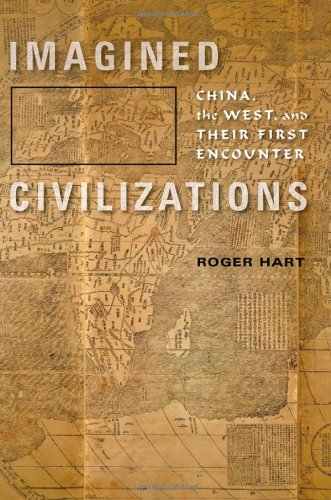

Most ebook files are in PDF format, so you can easily read them using various software such as Foxit Reader or directly on the Google Chrome browser.
Some ebook files are released by publishers in other formats such as .awz, .mobi, .epub, .fb2, etc. You may need to install specific software to read these formats on mobile/PC, such as Calibre.
Please read the tutorial at this link: https://ebookbell.com/faq
We offer FREE conversion to the popular formats you request; however, this may take some time. Therefore, right after payment, please email us, and we will try to provide the service as quickly as possible.
For some exceptional file formats or broken links (if any), please refrain from opening any disputes. Instead, email us first, and we will try to assist within a maximum of 6 hours.
EbookBell Team

4.1
60 reviewsAccounts of the seventeenth-century Jesuit Mission to China have often celebrated it as the great encounter of two civilizations. The Jesuits portrayed themselves as wise men from the West who used mathematics and science in service of their mission. Chinese literati-official Xu Guangqi (1562–1633), who collaborated with the Italian Jesuit Matteo Ricci (1552–1610) to translate Euclid’s Elements into Chinese, reportedly recognized the superiority of Western mathematics and science and converted to Christianity. Most narratives relegate Xu and the Chinese to subsidiary roles as the Jesuits' translators, followers, and converts. Imagined Civilizations tells the story from the Chinese point of view.
Using Chinese primary sources, Roger Hart focuses in particular on Xu, who was in a position of considerable power over Ricci. The result is a perspective startlingly different from that found in previous studies. Hart analyzes Chinese mathematical treatises of the period, revealing that Xu and his collaborators could not have believed their declaration of the superiority of Western mathematics. Imagined Civilizations explains how Xu’s West served as a crucial resource. While the Jesuits claimed Xu as a convert, he presented the Jesuits as men from afar who had traveled from the West to China to serve the emperor.